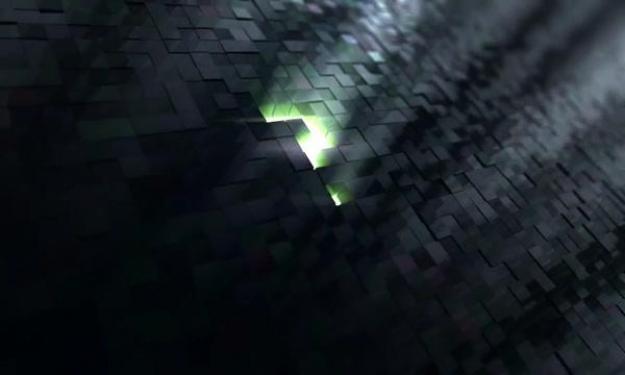This post has not been edited by the GamesBeat staff. Opinions by GamesBeat community writers do not necessarily reflect those of the staff.

Curiosity — What's Inside the Cube has a better morality system than any other game this year, and you didn't even notice.
Like any title with a system based on moral choice, this game rewards and punishes you based on what side you pick. Good characters can't complete the evil quests. Bad characters may be attacked on sight by the local constabulary. Sometimes, evil characters can get more "stuff" by selfishly hoarding and stealing, while good characters can get more help from non-player characters because they’re more likable.
Due to balancing requirements, games with moral choices like that have to support all the possible moralities. When done well (like in Knights of the Old Republic), players receive very different experiences based on their choices that fit naturally to their chosen morality. When done poorly (the ending of Mass Effect 3), players receive the same experience with a different coat of paint .
So how does this apply to Curiosity?
Well, Curiosity rewards players for breaking cublets to remove layers from a gigantic cube. Some even give you money just by breaking them, usually on the order of 2 to 20 coins. If a player wants to get lots of money, they can do it in one of two ways:
- If they destroy a series of cublets without missing, their combo increases. When the combo is broken, they get money equal to the combo score. This is the most efficient way to get money, as you can rapidly rack up thousands of coins in a single combo.
- By clearing the entire screen of cublets, the player gets a "clear screen" bonus based on the number of cubes that were on the screen. This method earns money slower due to the relatively low payouts, but a dexterous player can clear the screen while upping their combo.
This leads to two corresponding types of players:
- The player who wants the highest score. This player taps frantically on the screen, hitting pristine areas of the cube to minimize their chance of breaking a combo. Once a screen has been mined to a point where missing becomes likely, they scroll to a new area and continue. This player is "Chaos".
- The screen-clearer. This player sits on a single side, tapping away until it is cleared. It takes longer, requires more focus, and has fewer rewards than making combos (even if the screen-clearer is extra careful). This player is "Order".
Chaos works best when the cube's layers are fresh. They can race across the surface of the cube, destroying cublets with astonishing speed without worrying too much about breaking their combos. Order, however, must slowly and diligently clear pixels one full screen at a time.
As the cube becomes smaller, the strategies' effectiveness flips. Chaos can't just tap anywhere without breaking their combo, and Order can rapidly clear the diminished screens and move on.
Both sides are necessary. Without Chaos, Order would clear layers at half the current speed. Without Order, Chaos would never get those last few cublets in a layer. In fact, smart players approach a new layer as Chaos, then shift to Order as it becomes increasingly sparse.
Curiosity’s moral choice of Chaos vs. Order provides a critique of such systems in modern games. Generally, to get the best rewards, a player must be solely one side or the other; entirely Light or entirely Dark. Curiosity says, “No, you must change and adapt, not become stuck in one way of thinking.” It’s moral choice system favors adaptation over stagnation.
And there's a societal message embedded in the game. Chaos is necessary for rapid advancement. Order is necessary to secure the advancement and bring back a stable state, otherwise advancement will halt. A similar message occurred in the Mistborn trilogy by Brandon Sanderson with the contrasting gods Ruin and Preservation.
Did Peter Molyneux plan this hidden message of Chaos and Order? I doubt it. I think it’s more likely that the message of Chaos vs. Order emerged organically from the game, as it does in many other complex systems, but it’s still worth considering.